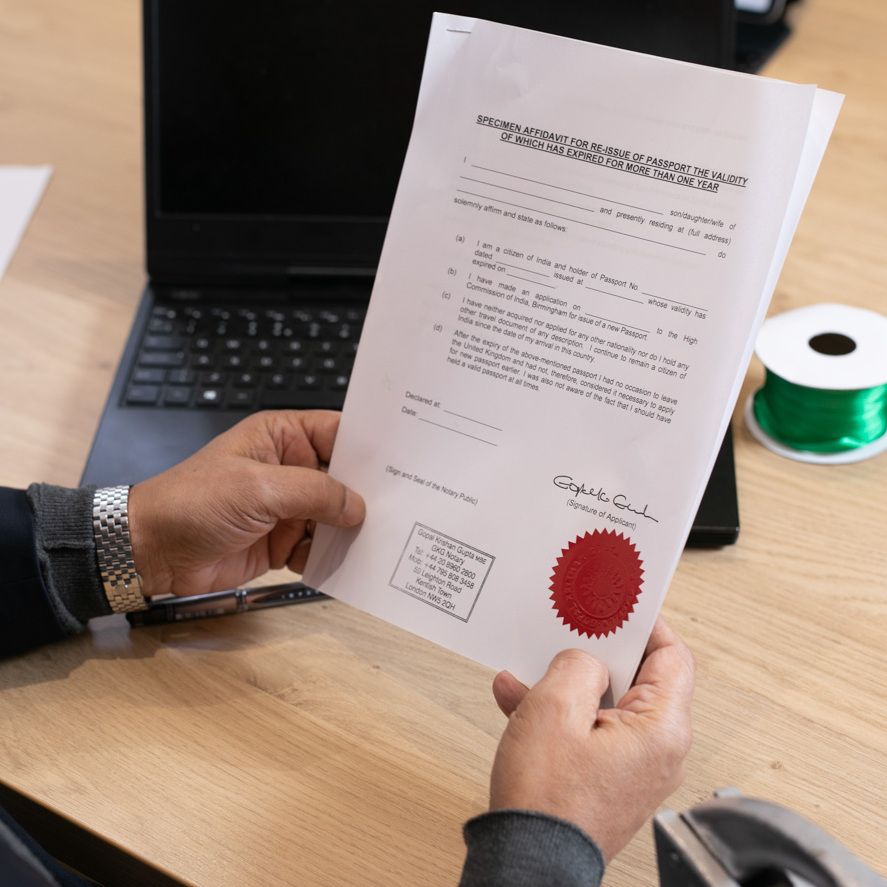When Apostilled Criminal Record Checks Are Required

If you’re moving abroad for work, study, or residency, you will likely need to present a criminal record check or police certificate. To be valid overseas, these documents require an APOSTILLE, and in some cases, additional LEGALISATION.
Why Police Certificates Need Apostille
Employers, immigration authorities, and visa offices want proof of your good character. A UK police certificate or ACRO criminal record check is only recognised abroad once it has been authenticated. The APOSTILLE, issued under the HAGUE Convention, certifies that the document is genuine.
When Apostilled Criminal Record Checks Are Required
- Applying for a work visa
- Securing teaching jobs abroad
- Immigration and residency permits
- Adoptions and fostering abroad
- Volunteering overseas
Hague vs Non-Hague Countries
- HAGUE Convention members: An APOSTILLE alone is sufficient.
- Non-HAGUE countries: Embassy LEGALISATION is required in addition to the APOSTILLE.
For example, if you’re moving to France, a police certificate with an APOSTILLE is accepted. If relocating to the UAE, you’ll need both APOSTILLE and embassy LEGALISATION.
The Process
- Apply for a police certificate or ACRO criminal record check.
- Have the document apostilled by the FCDO.
- If required, submit to the relevant embassy for LEGALISATION.
Common Mistakes
- Using outdated police certificates (many countries require recent checks, often less than 6 months old).
- Forgetting embassy LEGALISATION for non-HAGUE destinations.
- Submitting uncertified or photocopied versions.
Conclusion
Apostilling your criminal record check is an essential step in moving abroad. By ensuring proper APOSTILLE and LEGALISATION, you can meet immigration requirements smoothly and avoid unnecessary delays.













